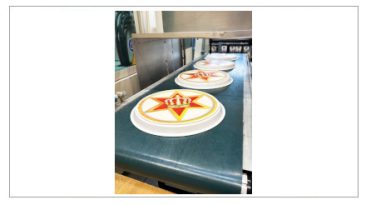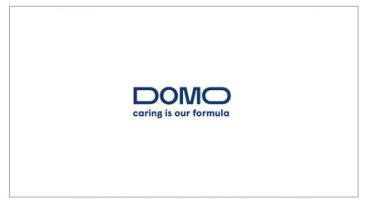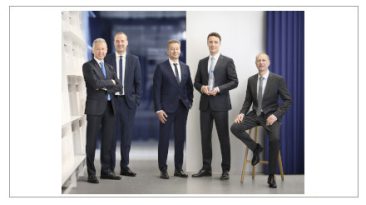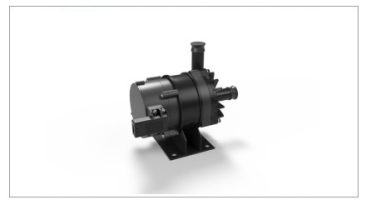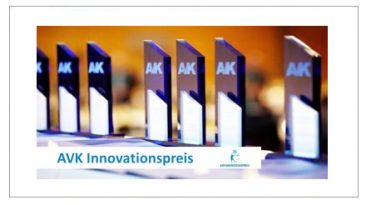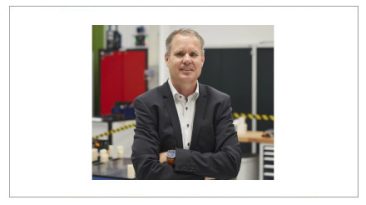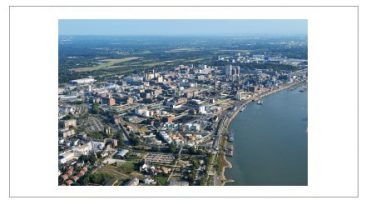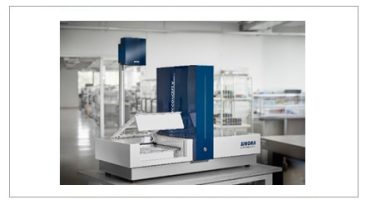SABIC, a global leader in the chemical industry, announced the launch of its new certified low carbon product portfolio. As part of the company’s 2050 carbon neutrality pledge, this initiative will help support SABIC’s customers and value chain to achieve their sustainability goals when looking for products with lower product carbon footprint. The first product in the portfolio will be methanol from SABIC’s Chemicals business.
The methanol product in the new portfolio contains a lower carbon content than a traditional portfolio, with the same high quality product specifications. Its lower carbon footprint is due to the raw material used for production: by-product CO2 is captured from upstream processes (carbon capture and utilization – CCU), providing a valuable source of carbon needed to manufacture the methanol, while reducing usage of traditional feedstocks. As the captured CO2 is utilized as a raw material, the new product can enable Product Carbon Footprint (PCF) savings.
Certified low carbon methanol is being manufactured at SABIC’s Joint Ventures’ (JV) methanol production sites. It is typically used – for example – in maritime fuel, resins for laminate flooring and furniture panels and acrylic sheets. More certified low carbon products in SABIC’s global portfolios will be rolled out across the company’s worldwide asset base.
“It is evident that the petrochemical industry plays a pivotal role in shaping a resilient and sustainable future. With the increasing demand for innovative materials and sustainable practices, the industry stands at the forefront of transformative trends towards carbon neutrality and a circular carbon economy. SABIC is deeply committed to pursue efforts and explore solutions together with our value chain partners, to help meet our carbon neutrality ambition,” said Olivier Thorel, EVP Chemicals at SABIC.
As an early adopter, SABIC worked together with independent third parties to drive the development of the new ISCC Carbon Footprint Certification (CFC) module and execute a pilot audit for the certification at SABIC’s JVs’ methanol production sites. The CFC module has been developed for the certification of product carbon footprints for various products and value chains. The model will make it possible to link sustainability certifications and mass balancing along complex value chains.
“SABIC is advancing technologies to support its value chains in carbon footprint reduction, including electrification, hydrogen combustion, renewable energy, as well as carbon capture, utilization and storage. High-concentrated CO2 produced as a by-product can then be used as an alternative feedstock to make new products. This CCU project, which converts captured CO2 into low carbon methanol and its derivatives, is a great enabler to reduce the embedded carbon emissions in the value chains of SABIC and its customers”, said Dr. Fahad Al Sherehy, VP Corporate Sustainability at SABIC.
SABIC is continually pursuing efforts and exploring solutions to meet carbon neutrality from operations under its control by 2050, taking into account different regional and national ambitions, commitments and initiatives. The new low carbon offering is another example of how SABIC is collaborating with partners along the value chain to reduce their indirect Scope 3 emissions.



